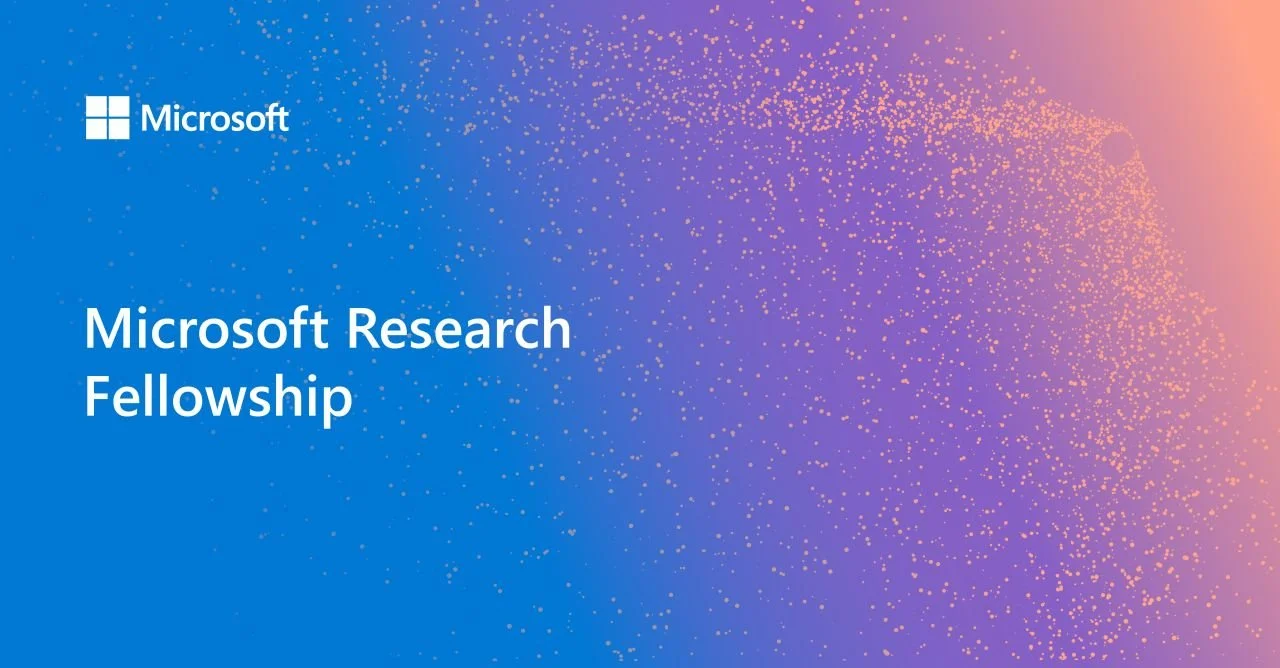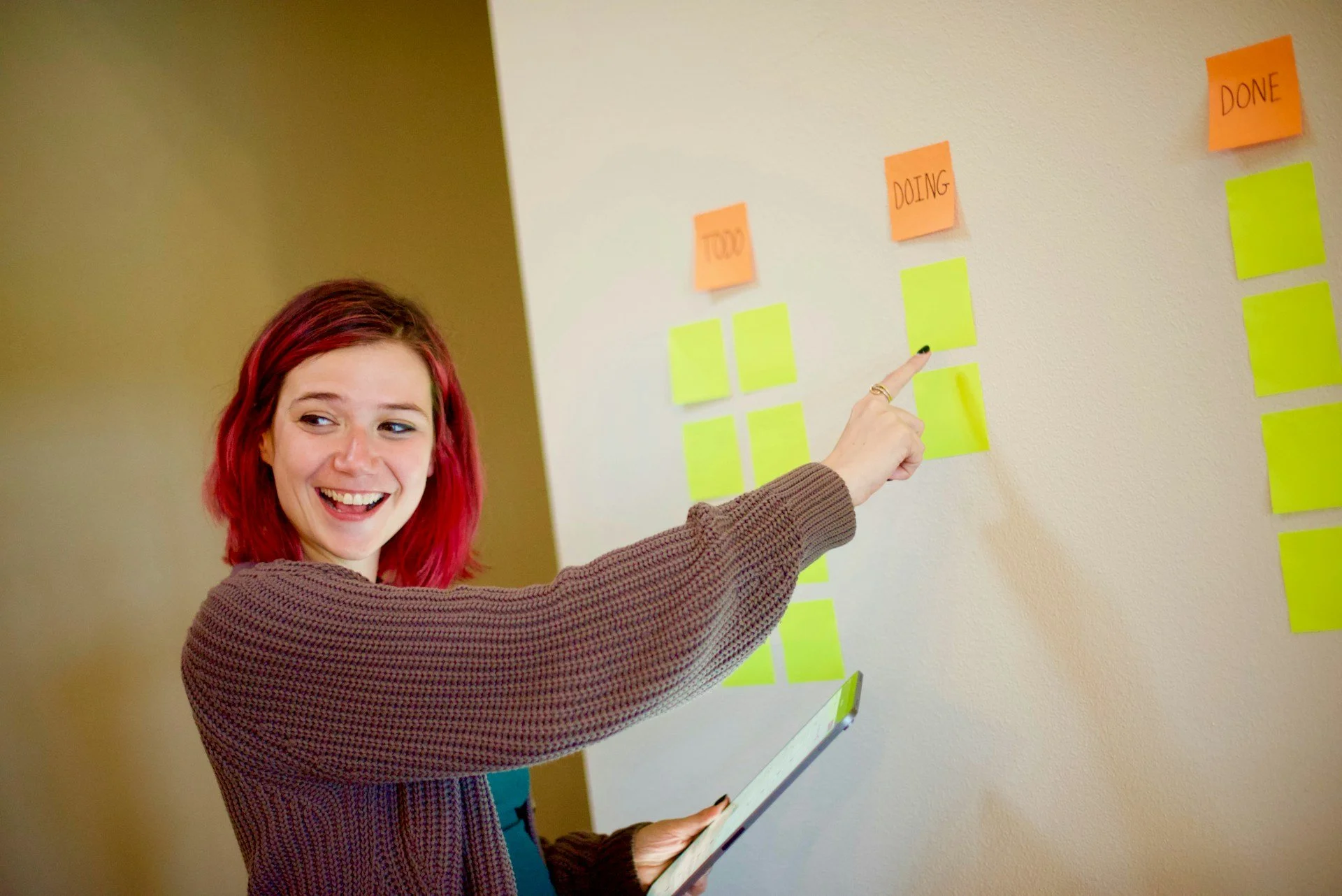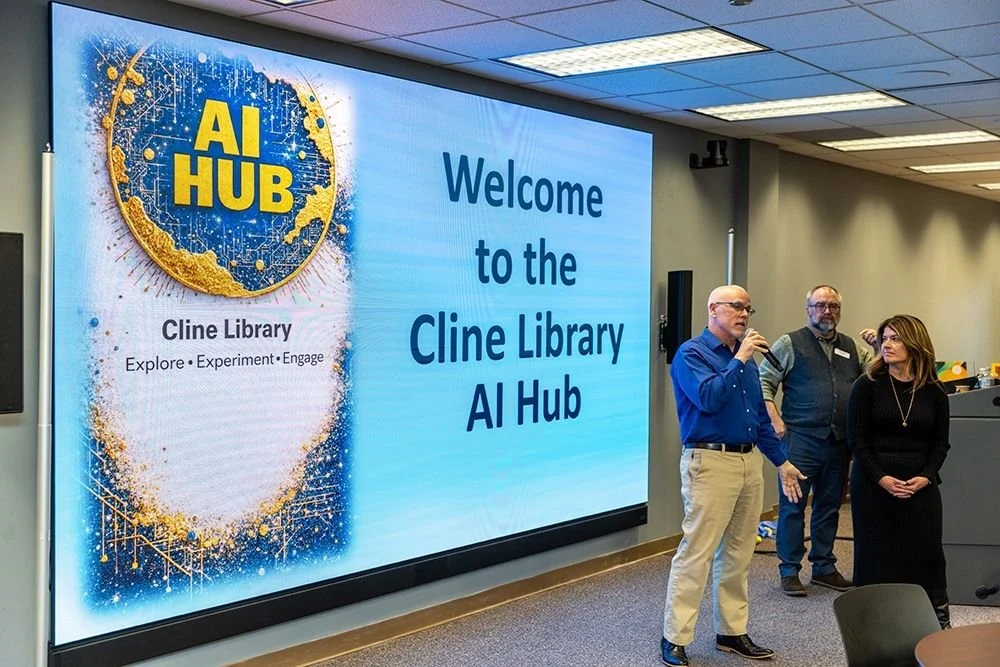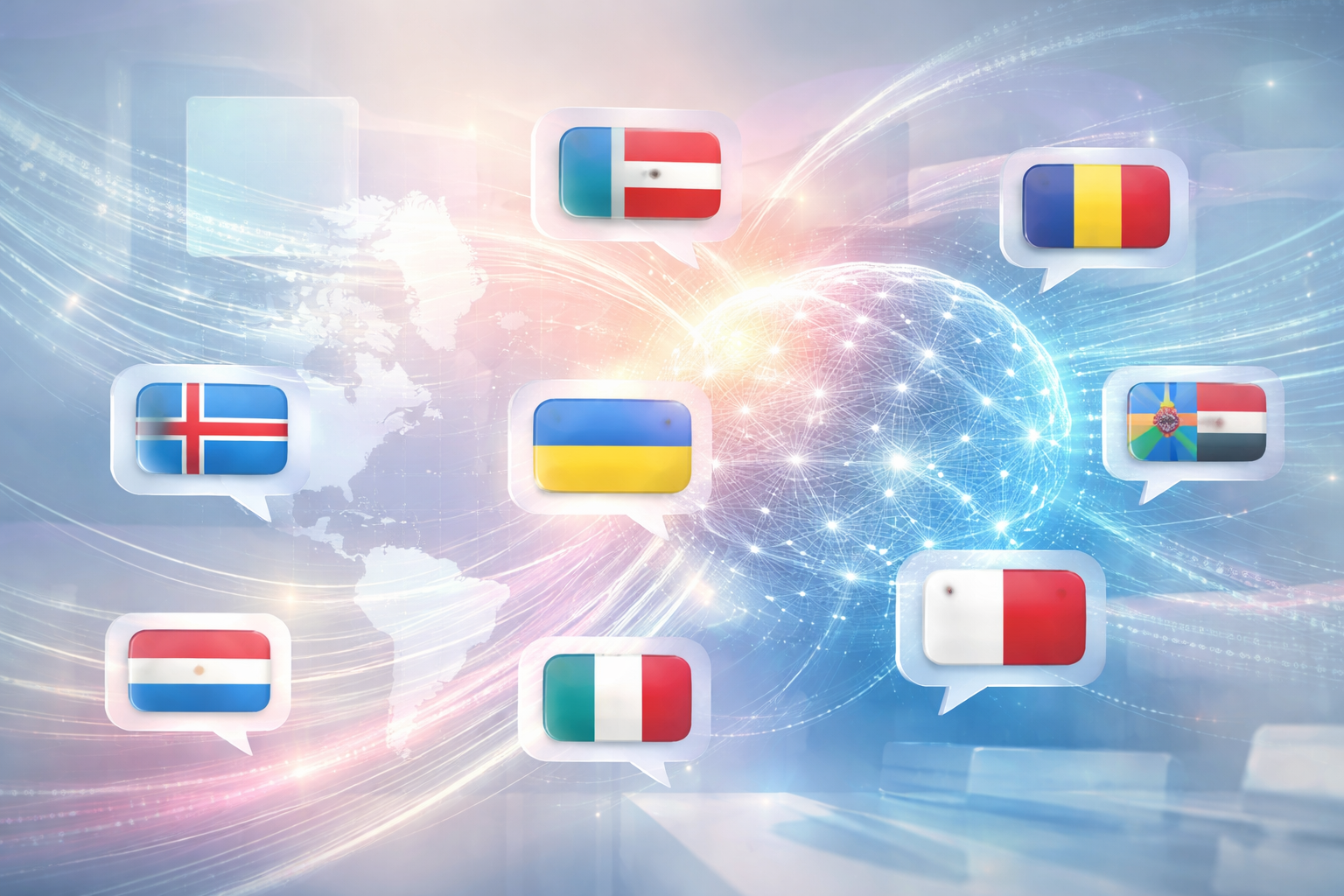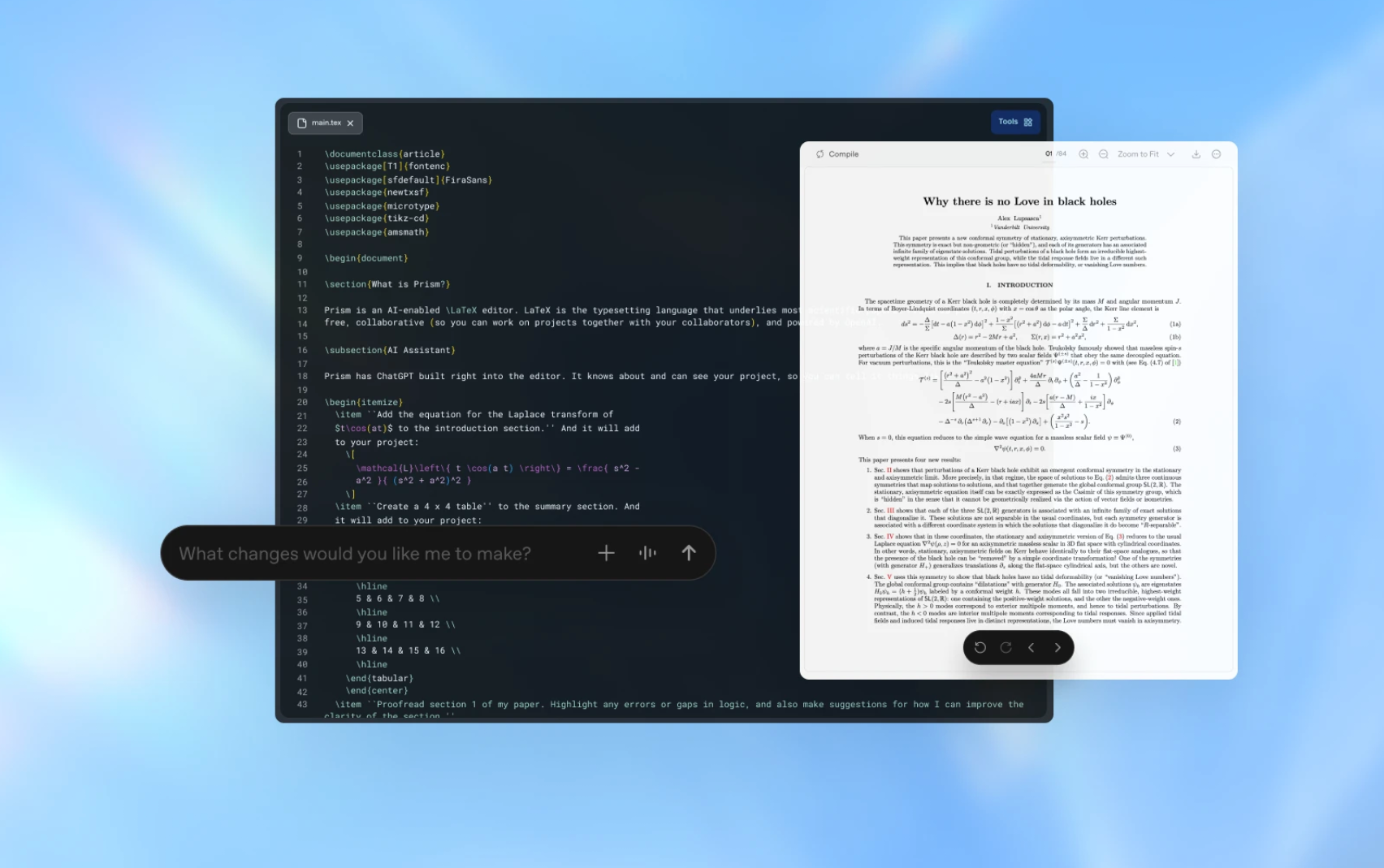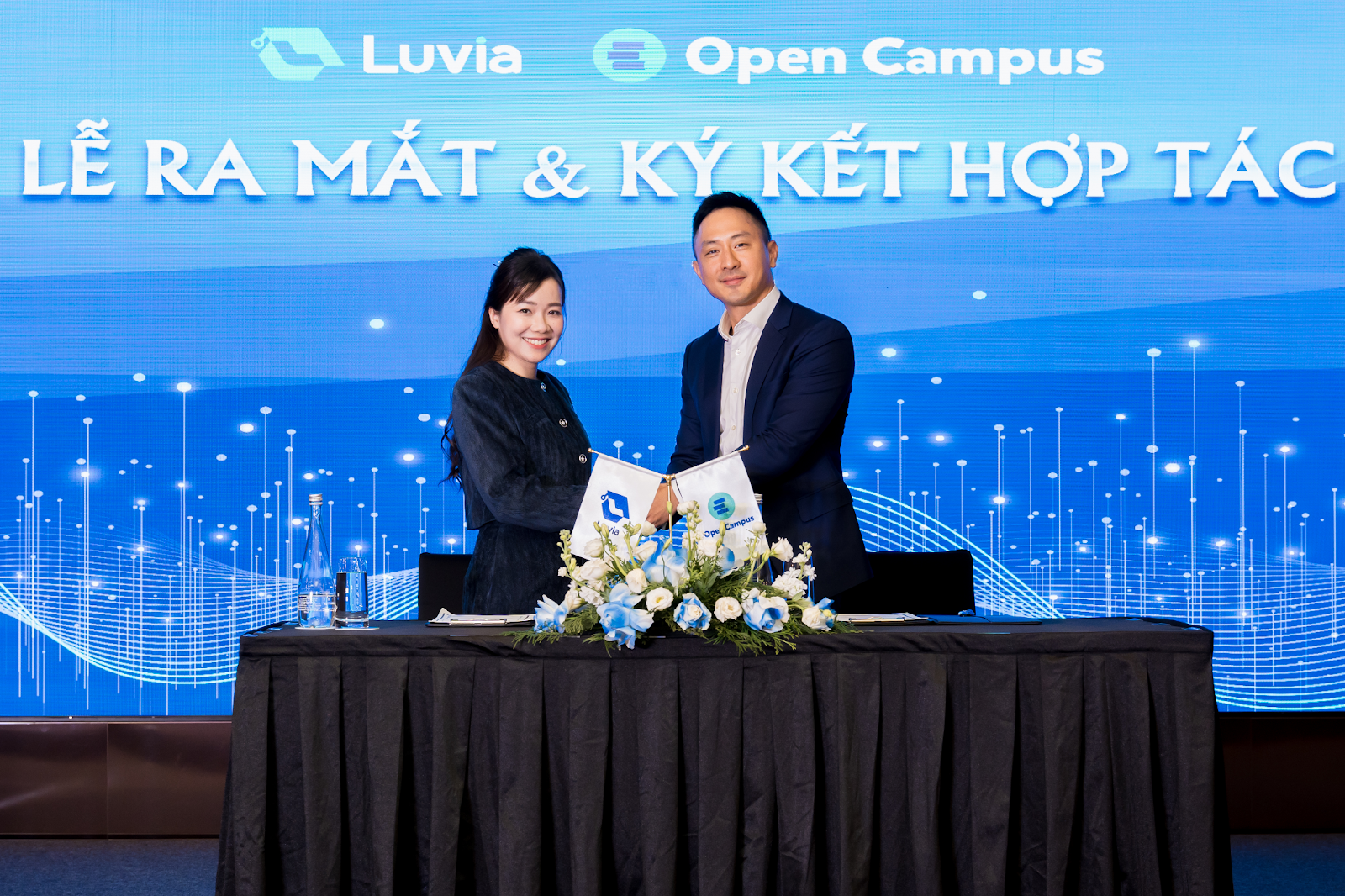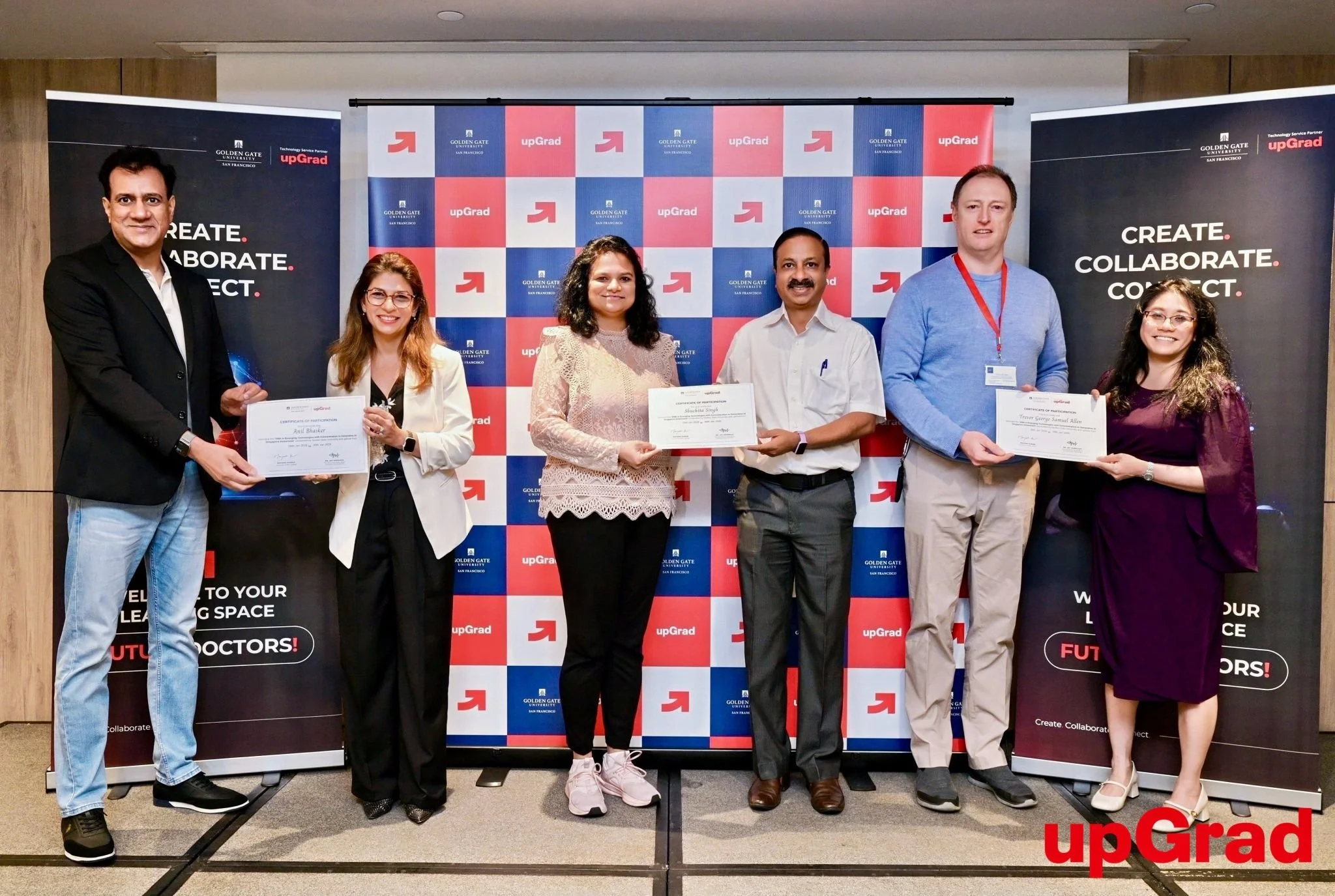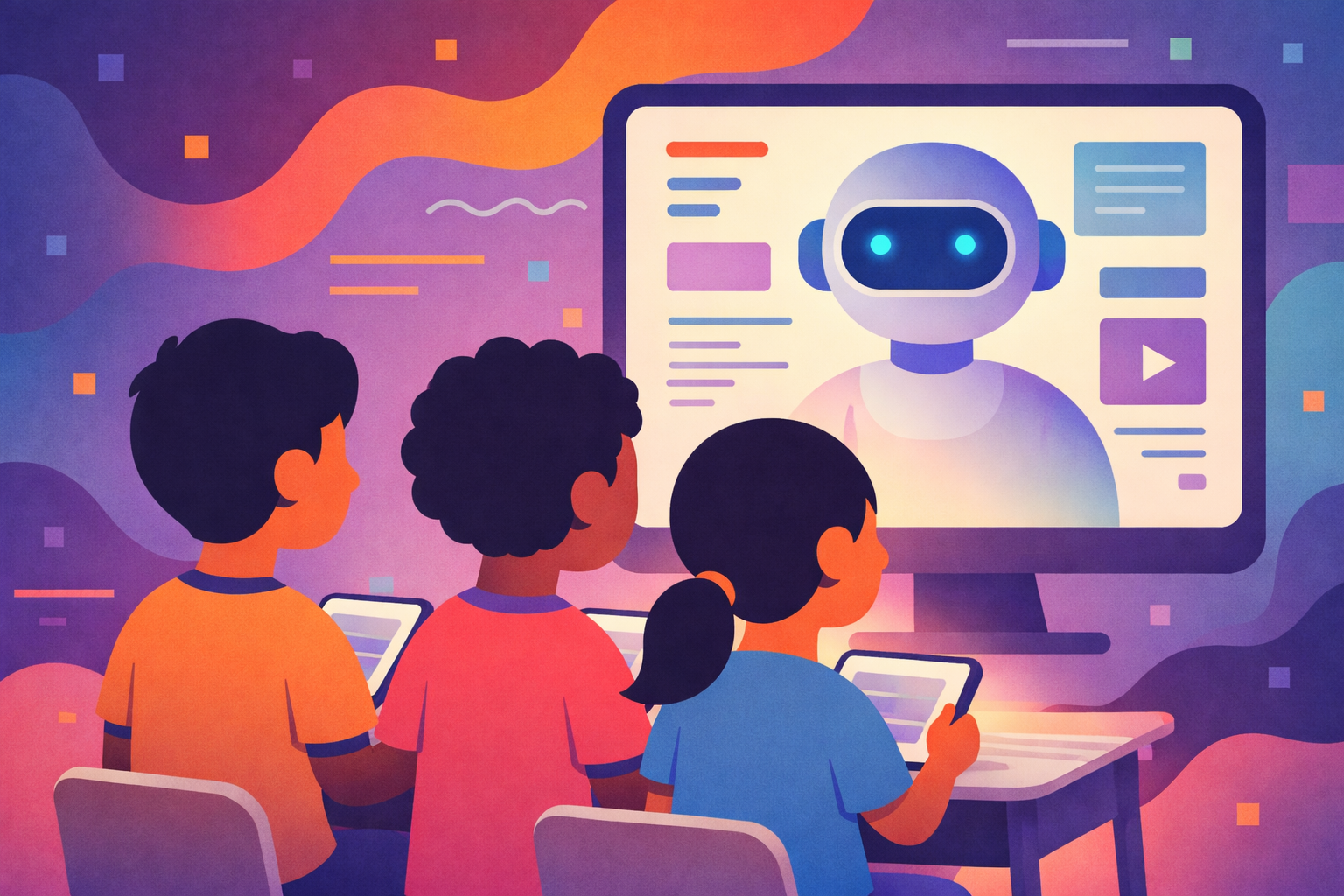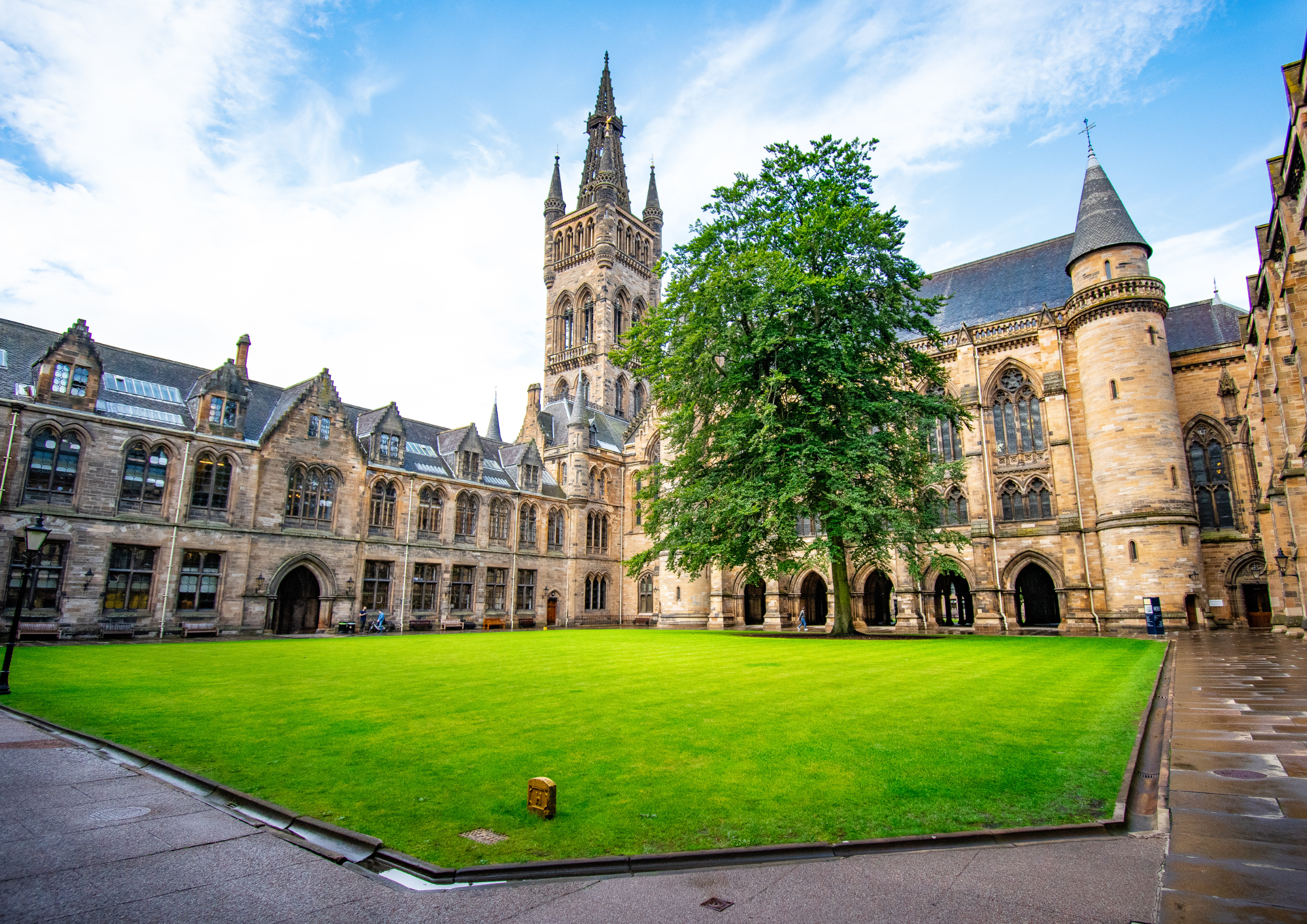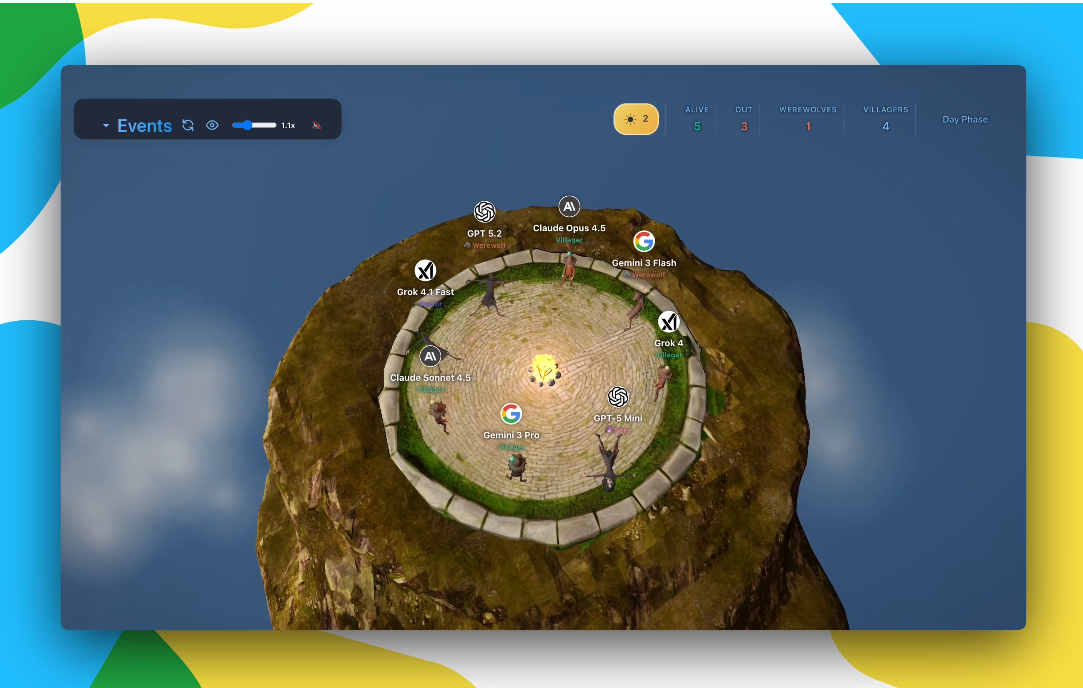Microsoft Research opens 2026 Fellowship call for global academic collaborations
Microsoft Research has issued the call for the 2026 Microsoft Research Fellowship, inviting proposals from academia across multiple regions, according to a LinkedIn post published by Microsoft Research.
The program is intended to support open research collaborations between university teams and Microsoft Research on problems that “advance scientific understanding, drive innovation, and deliver societal benefit.”
Microsoft Research operates labs in the United States, Europe, Africa, India, and Asia. Its teams work on artificial intelligence, computing systems, robotics, human-computer interaction, and data-intensive science, often in partnership with universities.
Proposals are due December 2, 2025. The fellowship accepts submissions from degree-granting universities in Africa, Australia and New Zealand, Canada, Europe, India, Hong Kong, Japan, South Korea, Singapore, Taiwan, Argentina, Brazil, Chile, Colombia, Mexico, Puerto Rico, and the United States. Streams are open to faculty, PhD students, and postdocs, with eligibility varying by research challenge.
Awards are unrestricted gifts to the scholar’s institution, disbursed as a one-time payment in March or April 2026. Microsoft lists region-based amounts: 47,000 dollars for the United States and Canada, 27,000 dollars for Europe, and 17,000 dollars for Africa, Australia and New Zealand, India, Hong Kong, Japan, Korea, Singapore, Taiwan, and Latin America. Funding includes travel to collaborate in person with Microsoft Research investigators. Payments are made to institutions, not individuals, and fellows complete a standard background screen required for fund transfer.
Research tracks prioritized in this call
The call highlights multiple tracks, including:
AI for global and societal impact, such as equitable access to interactive generative AI for creatives
AI fundamentals, covering scalable reasoning, model adaptation, evaluation, and verifier-guided test-time reasoning
Foundational systems and infrastructure, including clean electricity planning and RL post-training systems at scale
Multimodal and embodied intelligence, from beyond-tokenization approaches to general-purpose robotic foundation models
Human-AI collaboration and interaction, exploring AI as teammate for complex knowledge work and collaborative dynamic experiences
Biological and scientific modeling, including generative models for regulatory genomics
Each track names Microsoft principal investigators and collaboration expectations. Some tracks prefer faculty-led teams, others are open to students or postdocs.
Role-specific criteria and program conditions
Students must be enrolled in a PhD program at an accredited institution in an eligible region and may apply on their own.
Faculty applicants must hold a terminal degree and identify a student collaborator. If selected, both faculty and student are named fellows.
Postdocs may apply with departmental or faculty support.
Fellows remain at their institutions. Microsoft is not hiring fellows under this program.
Applicants can find full details and submit their proposals here.
The ETIH Innovation Awards 2026
The EdTech Innovation Hub Awards celebrate excellence in global education technology, with a particular focus on workforce development, AI integration, and innovative learning solutions across all stages of education.
Now open for entries, the ETIH Innovation Awards 2026 recognize the companies, platforms, and individuals driving transformation in the sector, from AI-driven assessment tools and personalized learning systems, to upskilling solutions and digital platforms that connect learners with real-world outcomes.
Submissions are open to organizations across the UK, the Americas, and internationally. Entries should highlight measurable impact, whether in K–12 classrooms, higher education institutions, or lifelong learning settings.

